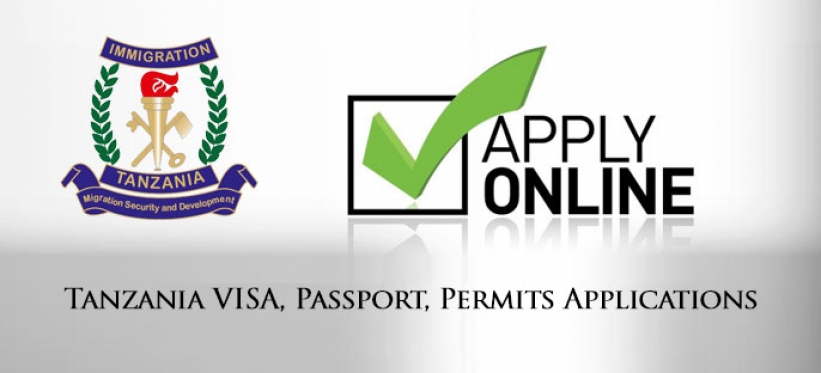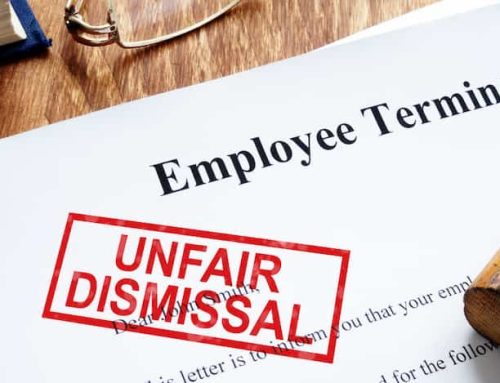TCRA has on 26th June 2020 Published The Electronic and Postal Communications (Radio and Television Broadcasting Content) (Amendments) Regulations, GN No. 486 of 2020 (“The amendments”) which makes amendments to The Electronic and Postal Communications (Radio and Television Broadcasting Content) Regulations, GN No. 134 Of 2018 (“Principal regulation). These regulations apply in relation to broadcasting content services on any platform. This legal alert highlights the few amendments that are made:
Regulation 14 of the Principal regulation restricts content services licensee from providing content that are: unsuitable for children when large numbers of children may be expected to be part of the audience; which depicts or contains scenes of violence, sexually explicit conduct or offensive language intended for adult audiences during watershed period; which contains excessive and gross offensive language used in content transmitted during the watershed period.
The amendment introduces subregulation 14(2) to regulation 14 which will now be read as 14(1). This additional subregulation (14(2)) amends the broadcasting time where the content services licensees can broadcast materials suitable for adults “watershed period”, from 2200hrs to 0530hrs to now being 0000hrs to 1500hrs.
Further it has introduced supplementary subsections to section 37 of the principal regulation which enforces obligation on licenced local broadcasters to seek approval of TCRA before airing any local or foreign contents which they generate in association with another content service provider (programme hook-up). Where the authority grants approval for the programme hook-up, the licensee shall be responsible for all contents which violate the regulations. These amendments greatly impact local stations that air content from international media outlets like the BBC (British Broadcasting Authority).
Regulation 47 of the principal regulation is substituted by the new regulation 47 which requires all licensees by subscription to ensure that they have obtained the necessary rights clearances in respect of the contents being broadcasted.
The amendment restricts Content service providers to allow foreigners to visit or carry any business of broadcasting content without being accompanied by a government official or staff from TCRA.
In addition, the amendments have imposed penalties and highlighted procedures in the case of breach of the regulations. Any licensee in breach of the regulations will be subjected to the Content Committee. Where upon determination the Content Committee may take any of the following actions:
- issue a written warning to the licensee;
- require the licensee to issue an apology to the public and the victim of the challenged content;
- order removal of the confronted content; or (d) impose a fine in accordance with the Act.”
Important Notice:
This publication has been prepared for information purposes only, and it does not constitute professional advice. You should not act upon the information contained in this publication without obtaining specific professional advice. No representation or warranty (express or implied) is given as to the accuracy or completeness of the information contained in this publication, and, to the extent permitted by law, Cymbell Attorneys, its members, employees and agents do not accept or assume any liability, responsibility or duty of care for any consequences of you or anyone else acting, or refraining to act, in reliance on the information contained in this publication or for any decision based on it.
PURCHASE AND OWNERSHIP OF LAND BY FOREIGN NATIONALS AND INVESTORS IN THE UNITED REPUBLIC OF TANZANIA.
Introduction: The ownership of [...]
INDEMNIFICATION BY INDEPENDENT CONTRACTORS
Land Act, Cap 113 [...]
DUE DILIGENCE AND THINGS TO CONSIDER WHEN PURCHASING A LANDED PROPERTY IN THE UNITED REPUBLIC OF TANZANIA
Land Act, Cap 113 [...]
INDEPENDENT CONTRACTORS AS AN ALTERNATIVE TO EMPLOYMENT
An independent contractor is a [...]
APPLICATION FOR BUSINESS VISA AND SHORT-TERM PASSES FOR EXPATRIATES IN TANZANIA.
Recent Amendments to the Tanzanian [...]
MINING SECTOR – ON RECENT CHANGES AFFECTING NON-INDIGENOUS TANZANIAN COMPANIES
MINING LAW – LEGAL ALERTS ON RECENT CHANGES AFFECTING NON-INDIGENOUS [...]
Related Posts
Why Choose Us
We provide amicable and effective solution-oriented services in a timely manner to our clients and put efforts to be universally recognized as a full-service law firm in Tanzania and East Africa.












